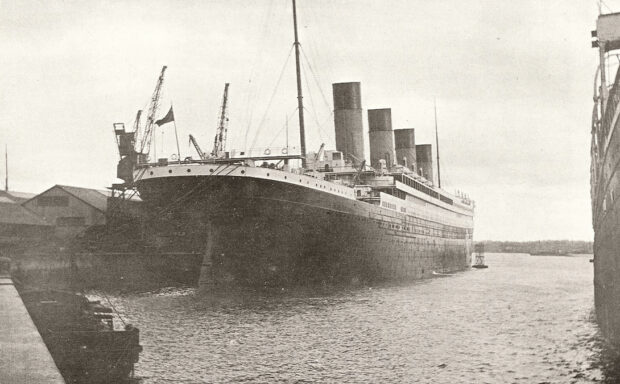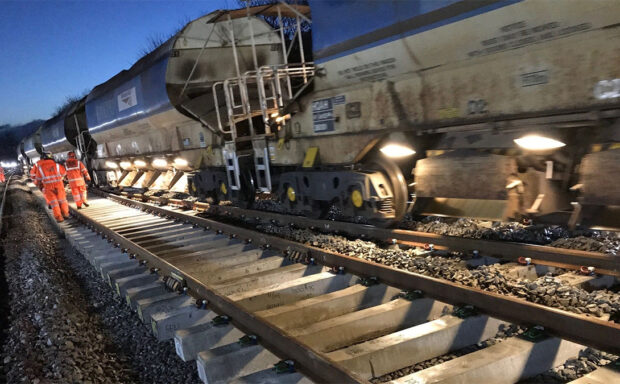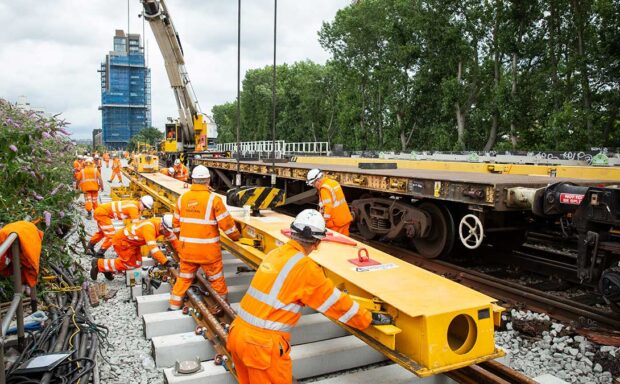The rail freight industry is working together to ensure millions of homes and businesses in Britain have electricity during the coronavirus pandemic.
A collaborative and adaptive approach has helped to maintain the safe, efficient and timely delivery of biomass – a more environmentally friendly alternative to coal – via rail freight direct to Drax power station in the North East of England.
The achievement comes despite recent flooding in the area, which means just one of two lines remains open.
Freight is rising to the challenge during the coronavirus outbreak to keep essential goods moving across the country. Read more here.
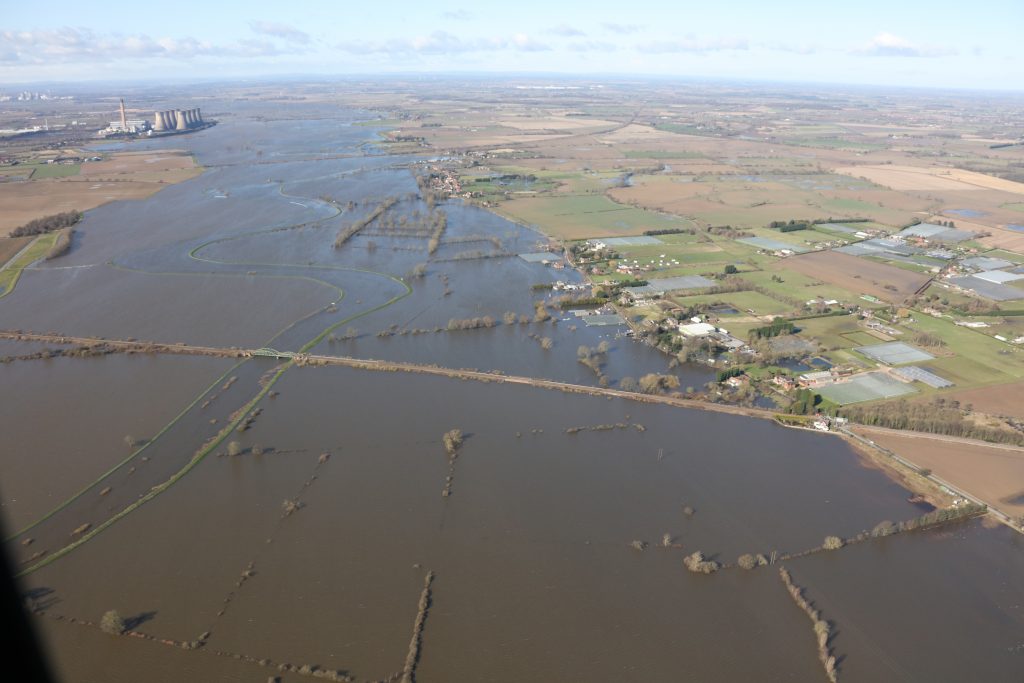
Power to the people
Drax power station is the biggest power station in the country, producing enough energy for about four million homes. It is also the largest renewable power generator in the UK and the biggest decarbonisation project in Europe, aiming to substantially cut carbon dioxide (CO2) emissions.
Freight is a vital part of the success at Drax. Freight operating companies DB Cargo UK and GB Railfreight deliver millions of tonnes of biomass a year using bespoke freight wagons on a ‘just in time’ basis because of the complex logistics involved in the biomass supply chain.
An average of 17 biomass trains arrive at the power station each day with a single train containing enough fuel to provide 815 houses with enough electricity for a year.
The fuel is transported to the power station by rail instead of road because it is more efficient and further reduces carbon emissions by an estimated 32,622.59 tonnes a year.
Mark Gibbens, head of logistics at Drax, thanked all involved for the huge effort of achieving a 92% run rate of trains into the power station during a time of unprecedented challenges.
Freight continues to deliver vital goods across Britain
Network Rail teams turn timetable around in one week
Freight demystified: five things you didn’t know
February floods
The situation was further complicated because of recent flooding along the nearby River Aire in February, meaning trains could use just one of two lines to transport critical biomass to the power station.
Network Rail teams are working around the clock to ensure trains can use the line safely and are monitoring the railway embankment for any further movement following the damage caused by floods.
The team faced an additional challenge when they discovered several Koi carp from a nearby private residence were on the railway, when the pond they were in also flooded. Network Rail teams worked closely with the landowner to safely transport them home.
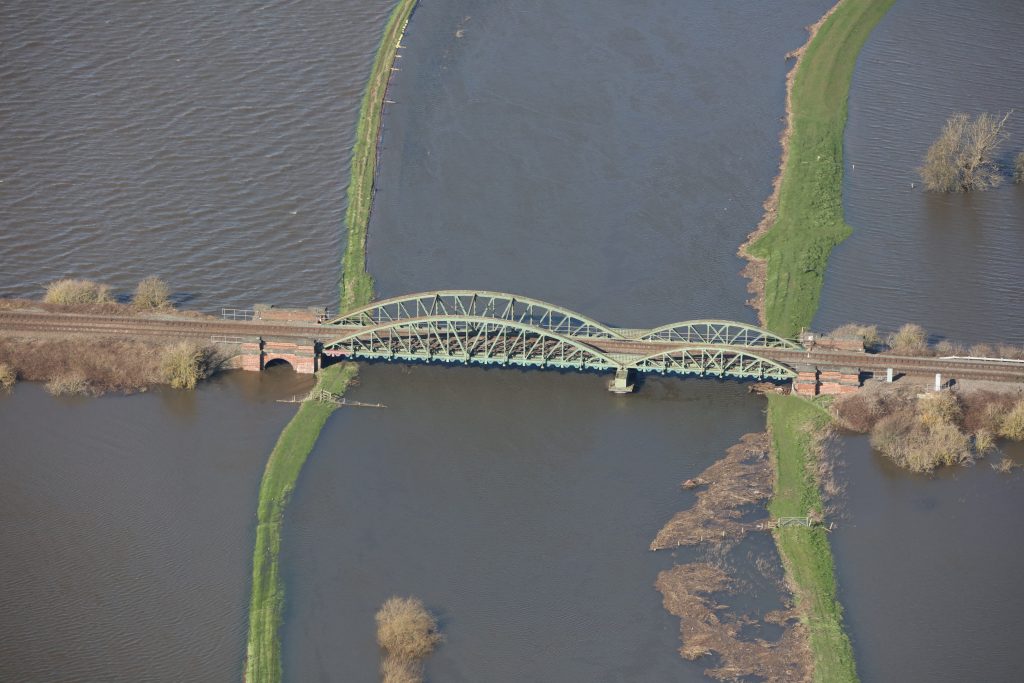
Nick King, group director of Network Services at Network Rail, said: “This is a powerful example of collaboration and resilience in the face of adversity that is even more impressive because it was carried out during the ongoing coronavirus crisis. It is testament to the critical role of freight in getting goods where they need to be and is more important now than ever.”
John Smith, managing director of GB Railfreight, said in a statement on the company’s website: “Our teams are committed to continuing to help the UK get through this period by ensuring that vital supplies are delivered.
“Rail freight has the advantage in being able to efficiently move very large volumes of goods in a safe and reliable way. With each train able to move between 40 to 70 equivalent lorry loads of goods, rail freight has an important role to play to ensure that supplies can be maintained if the number of available staff across the road freight sector is hit due to illness or the need to isolate.
“I would like to play tribute to the GBRf team and those working across the rail freight sector for the role that they are playing and will continue to play as the UK responds to the pandemic. We all have to work together to ensure we keep the goods we most need moving across the entire country.”
